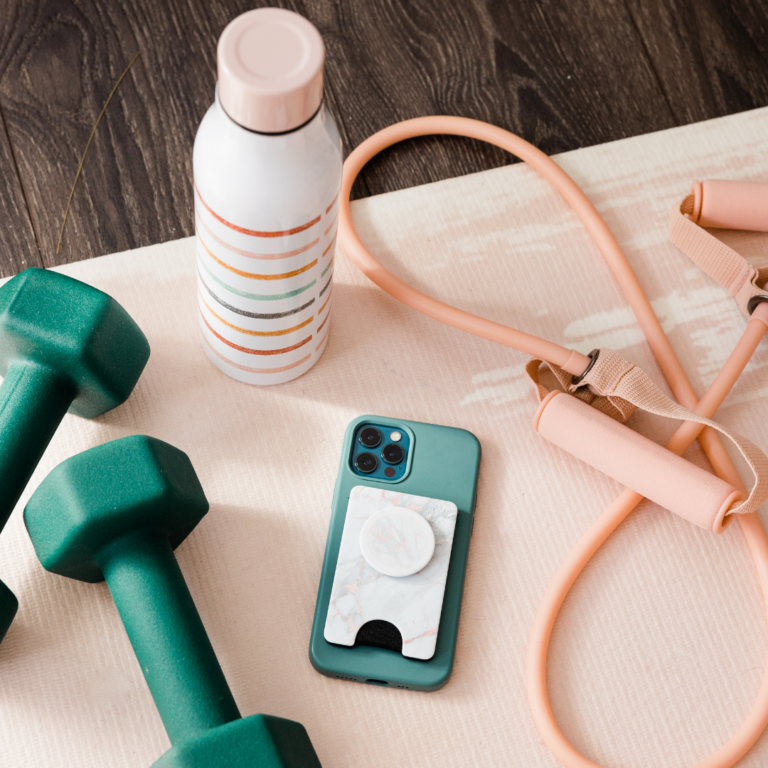It is not unusual to find students struggling to adjust to the academic workload of higher education, especially when social lives are suddenly packed out with various clubs and activities.
It is important to form healthy study habits early on in any education journey, so we have put together 4 healthy habits for staying on track.
1. Find a place to study regularly that works for you
As with everything in life, consistency is key, so finding somewhere that you’re comfortable to be for a few hours and that is conducive to your productivity is important.
We offer all OMBS students accommodation; beautiful, big 6-bedroom houses to study in but they can feel quite busy for a learner who needs peace and quiet. Students also have the option to use our breakout spaces, which stay open late into the evening. However, it is important to remember that the environment should be one that works best for you – whether that is complete silence, music in your headphones or a busy café. Give it some thought, see what works best.

2. Keep track of your deadlines and important dates
It is always lovely to have a clean planner, but if you’re anything like me then about 3 weeks in its stuffed into the boot of my car never to see the light of day again. So, I would always recommend storing important dates in your phone and laptop calendar. That way you can set automatic reminders and plan your timeline of work electronically.
However, if you still love to use a paper diary (and why wouldn’t you, they’re often so gorgeous) be sure to review it every day and always on a Sunday so you can see your week ahead.
You could even create a hybrid system if you can’t quite part with the paper!

3. Take regular breaks
Taking intentional breaks have been linked to better retention, increased attention and energy. Research suggests that studying in 45minute blocks, resting for 15-20 minutes can lead to optimum productivity.
Here are a few ways you can give yourself a break:
• Get some fresh air
• Play some music that you enjoy
• Listen to a short podcast
• Have a snack
It is important to understand that not all breaks are helpful. Stay away from screens, as social media, and television has been linked to a decrease in productivity.

4. Wellbeing
It might not be a surprise to learn that looking after your whole wellbeing has been linked to an increase in productivity. Regular exercise, good sleep and a balanced diet are the cornerstones of health and wellness therefore we would always encourage this for our students.
• Exercise: Exercise brings oxygen to the part of your brain that is responsible for thought, it boosts brain cell connections and encourages the development of new nerve cells. Mind to muscle connection is a very real thing and it is good to build this into your weekly routine as early as possible.
• Sleep: studies have linked sleep depravation to decreased in cognitive function, reduced attention span and the craving for high in sugar foods. Whilst every one’s sleep needs are different, it is recommended that an adult gets between seven and eight hours of beauty sleep per night to keep the body in balance. There are ways to improve sleep hygiene and if you are struggling to clock up the hours, you might want to have a look at introducing some of the recommended tips.
• Food: You are what you eat! That isn’t just a saying that has emerged from nowhere. Your whole health and wellbeing really does start with what you’re putting into your body. Fresh fruits and vegetables, proteins and healthy fats have all been linked to improve cognitive function. Stay away from inflammatory oils such as rapeseed and sunflower oil, and begin to use olive oil instead. Reduce your alcohol and caffeine intake if you can too – it all makes a difference!

Oxford Media & Business School offers the 12-month Professional Business Diploma for ambitious students who want to start their career within 3 terms rather than 3 years. For students who are looking for a practical and positive Gap Year in Oxford and for university graduates who want to add these skills to their academic qualification.